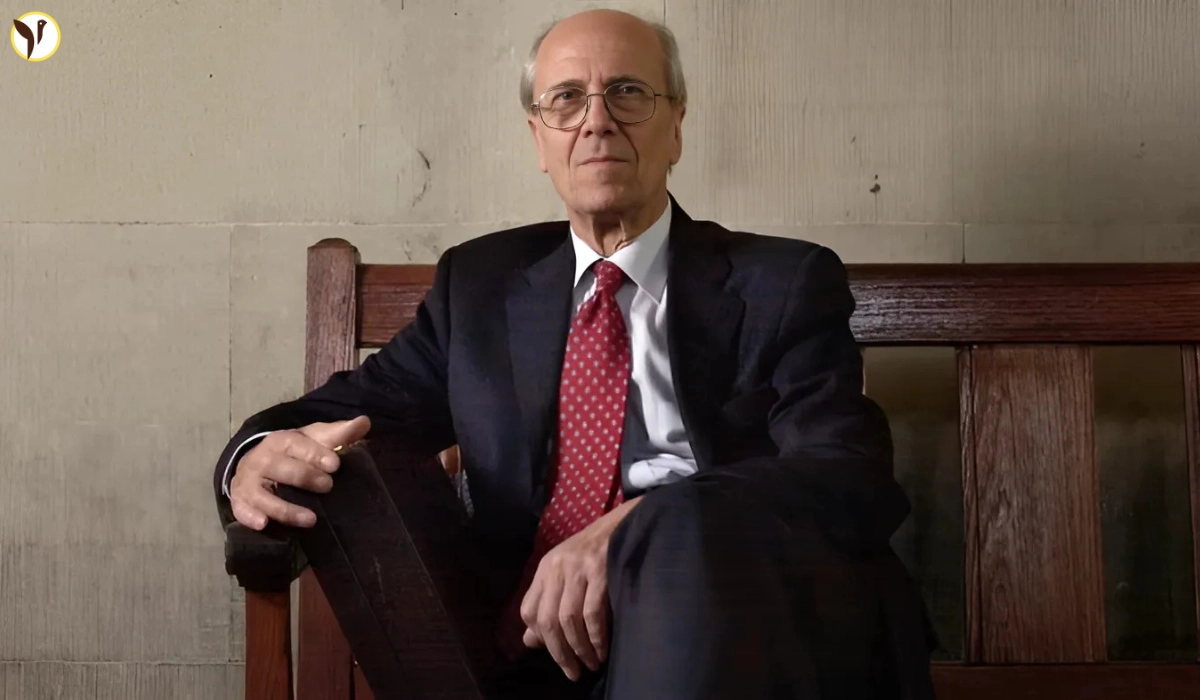Norman Tebbit has passed away at the age of 94. It’s a name that means different things to different people. For some, he was the no-nonsense voice of Conservative Britain. For others, he was the face of loyalty, strength, and quiet grief after one of the worst days of his life — the Brighton bombing.
But to all, his death marks the end of an era.
He was more than just Thatcher’s right-hand man
When people talk about Norman Tebbit, they often mention his time serving under Margaret Thatcher. He was one of her closest allies. He stood firm when times were rough — whether it was during economic battles or political unrest.
He served as Employment Secretary and later Trade and Industry Secretary. His famous line about people getting on their bikes to look for work became something of a slogan — and a controversy. But he wasn’t just about soundbites. He was deeply committed to the country’s shift from unions to free-market reform.
He wasn’t always liked, but he was always respected.
Even former rivals today say he was someone who never hid what he stood for. And he never backed down.
The day everything changed: Brighton bombing, 1984
On October 12, 1984, everything changed for the Tebbits. An IRA bomb tore through the Grand Hotel in Brighton during the Conservative Party conference. Norman was pulled from the rubble, hurt but alive.
But his wife, Margaret Tebbit, wasn’t as lucky. She was found crushed under debris, her spine shattered. She never walked again. She lived the rest of her life paralyzed from the neck down.
They never really talked much about the pain in public. But you could feel it. Every time he spoke about her, it was gentle. Loyal. Quiet love.
They stayed married until her death in 2020.
In an old interview, Lord Tebbit once said, “We were just lucky to still be together.” That simple line said more than a hundred headlines ever could.
A family man, in his own tough way
People often painted him as tough, cold even. But close friends say he was deeply warm inside. He just didn’t show it to everyone.
He gave up his frontline political career in 1987, not because of scandal or defeat — but because Margaret needed full-time care. Not many know that. And fewer talk about how he helped her with basic things every single day, for over three decades.
They were together through silence, tragedy, and quiet mornings — and that kind of love doesn’t make headlines often.
Tributes from Across the Aisle
Conservative leader Kemi Badenoch tweeted:
“Our Conservative family mourns the loss of Lord Tebbit today… his stoicism and courage… should be held up as an inspiration.”
Our Conservative family mourns the loss of Lord Tebbit today and I send my sincerest condolences to his loved ones.
— Kemi Badenoch (@KemiBadenoch) July 8, 2025
Norman Tebbit was an icon in British politics and his death will cause sadness across the political spectrum. He was one of the leading exponents of the philosophy…
Reform UK’s Nigel Farage said:
“Norman gave me a lot of help in my early days as an MEP… RIP.”
MPs from all parties have praised his sincerity and dedication—highlighting how he “never buckled under pressure” and “always stood for what he believed.”
Why his death hits harder than expected
It's been many years since Lord Tebbit was in the forefront of British politics. But somehow his passing feels significant. Possibly because his story was so anthropocentric. He was a man who lived through war. He was a man who lived through terror. He was a man who lived, served, stopped living and loved (and now mourned) chastely.
His death does not just signal the death of a politician. It signals the end of an era of British Society - full of both features of struggle and tenderness.
For youngsters his name is likely to have little resonance. For those of us that lived through the '80s, his name is powerful - not particularly easy but significant.
What people often miss about Margaret Tebbit
You think of Norman Tebbit's "Grit." But behind that grit was Margaret's silence. A nurse herself, she became an advocate for spinal injury awareness. In the face of her own physical struggles, she provided advocacy in policy reform and sought to raise awareness for mental health, particularly in her later battles with dementia.
I imagine there won't be a lot of newspapers that will publicly list her "contribution." Or if they do they will deviate toward Norman. It is important, however, to reflect on her life. Because if it hadn't been for her, Norman would not have had a similar pathway. Because her absence in his tale is an important form of support.
Little-known things about Norman Tebbit
Here are some facts about Lord Tebbit that many people don’t know:
-
He was an RAF pilot before becoming a politician
-
Survived a jet crash in the 1950s
-
Loved cooking — especially game meat — and even published a cookbook
-
Once helped early members of UKIP find their political footing
-
Stayed active in writing blogs and commentary into his 80s
These little details make the man behind the headlines feel more real. Less polished. More human.
Final thoughts
In the end, Norman Tebbit didn’t care about being liked. He cared about being right, and doing what he thought was necessary. That rubbed people the wrong way sometimes. But it also made him unshakable.
He lived a long, full life. He loved hard. He suffered quietly. And now, he rests — next to the woman he fought beside, every single day after that bomb went off.









